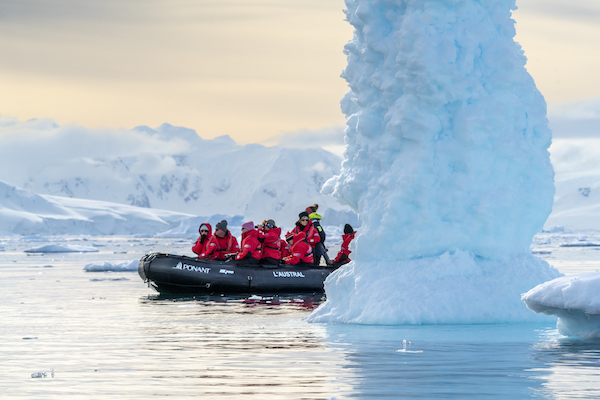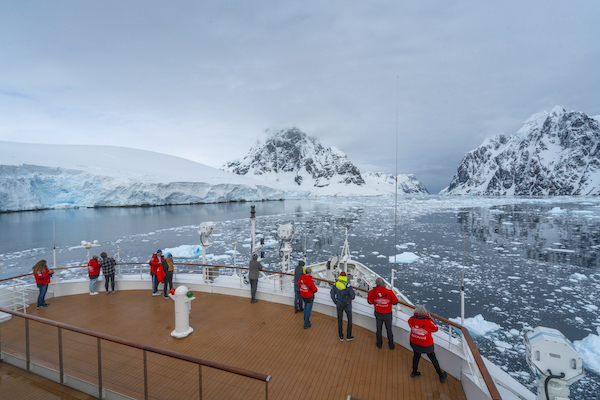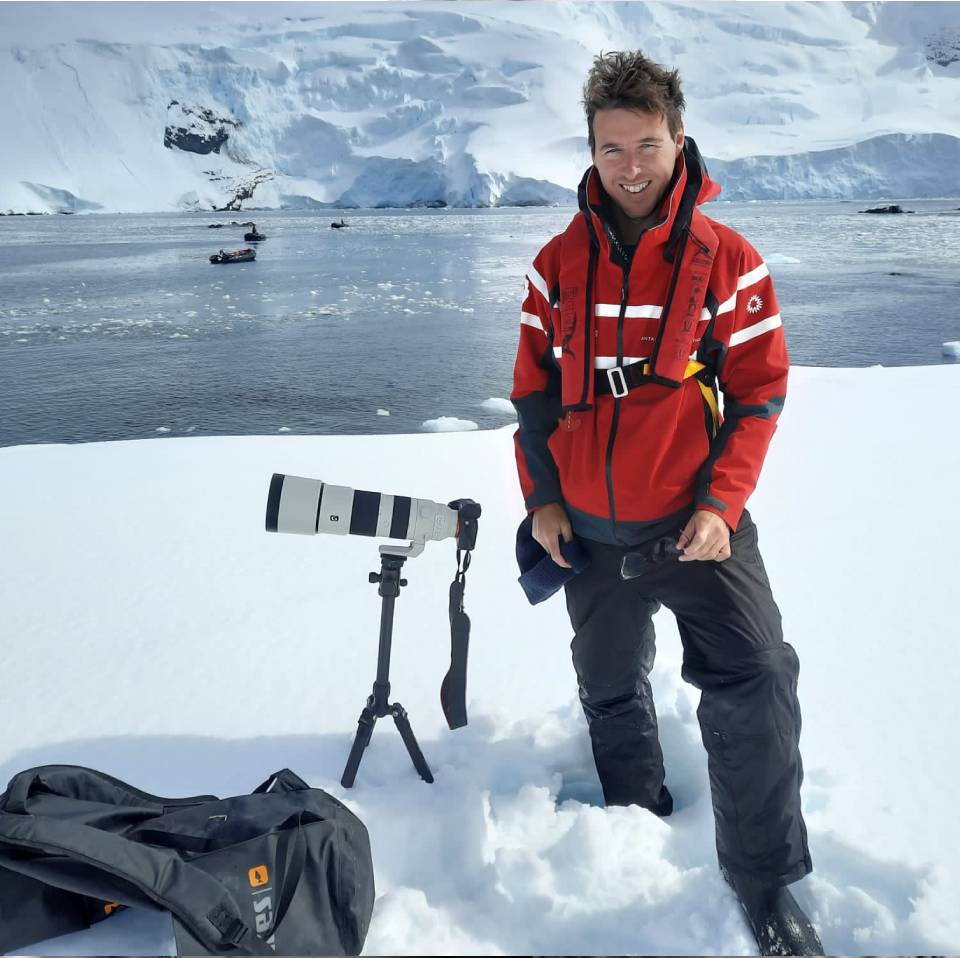Antarctic tourism has seen a significant surge, attracting adventurers and nature enthusiasts alike to the icy wilderness. The 2022-23 season marked a record high with over 100,000 visitors, driven largely by cruise ship travel.
This booming interest in one of the world's last frontiers brings with it both remarkable experiences and serious concerns about environmental impact.
The Allure of Antarctica

Antarctica's pristine, untouched landscapes and unique wildlife make it a bucket-list destination for many. Tourists are drawn by the promise of witnessing stunning ice formations, glaciers, and iconic species like penguins, whales and seals.
The journey typically begins in Ushuaia, Argentina, the southernmost city in the world, where traveller embark on a multi-day voyage across the Drake Passage to reach the Antarctic Peninsula. Environmental Concerns
Despite stringent regulations, the influx of tourists raises significant environmental concerns. The Antarctic Treaty System mandates that tour operators adhere to strict guidelines designed to minimize human impact. These include disinfecting clothing to prevent the introduction of non-native species and maintaining a safe distance from wildlife. However, the sheer volume of visitors concentrated in sensitive areas during the brief tourist season still poses risks.
Climate change exacerbates these challenges. The region is already experiencing unprecedented ice melt, which threatens the habitats of native species like the emperor penguin.
Recent discussions at the Antarctic Treaty Consultative Meeting (ATCM) highlighted the need for more robust conservation measures to protect these vulnerable ecosystems.
The failure to designate the emperor penguin as a Specially Protected Species, despite broad scientific support, underscores the difficulties in reaching international consensus on conservation strategies.
Economic and Social Implications
The economic benefits of Antarctic tourism are significant. Tour operators, many of whom are part of the International Association of Antarctica Tour Operators (IAATO), generate substantial revenue and create thousands of jobs.
Additionally, the concept of "Antarctic ambassadorship" is promoted, where visitors return home with a heightened awareness of environmental issues and a commitment to conservation. This transformative experience is thought to foster broader environmental advocacy and support for climate action.
However, there are also negative repercussions. The heavy carbon footprint of long-haul flights and cruise ships contributes to global emissions, which in turn affect the very environment tourists seek to appreciate. Efforts are underway to mitigate these impacts, such as the introduction of hybrid vessels that use electric propulsion to reduce emissions. Yet, the overall environmental cost remains a strong point of contention.
Balancing Tourism and Conservation
Balancing Antarctic tourism with environmental impact 1.jpg
To balance tourism with environmental stewardship, the IAATO has implemented several measures. These include limiting the number of passengers allowed onshore at any given time, ensuring that all activities are carefully managed, and requiring operators to report fuel consumption.
Such measures aim to minimize the ecological footprint of tourism while still allowing people to experience the unique beauty of Antarctica.
Moreover, educational programs and workshops, such as those organized at the recent ATCM, are crucial. These initiatives involve local youth and emphasize the importance of preserving Antarctic biodiversity.
By fostering a sense of responsibility and connection to the region, these programs hope to cultivate the next generation of conservation advocates.
The Future of Antarctic Tourism
As interest in Antarctic tourism continues to grow, the need for sustainable practices becomes ever more critical. The tourism industry, governments, and conservation organizations must work collaboratively to ensure that the influx of visitors does not compromise the delicate ecosystems of the continent.
Strengthening regulations, promoting eco-friendly travel options, and enhancing public awareness are essential steps in this direction.
While Antarctic tourism offers unparalleled experiences and economic benefits, it also presents significant environmental challenges.
By adhering to strict guidelines, investing in sustainable practices, and fostering a global sense of environmental stewardship, it is possible to enjoy and protect this unique and fragile part of our planet for future generations.



